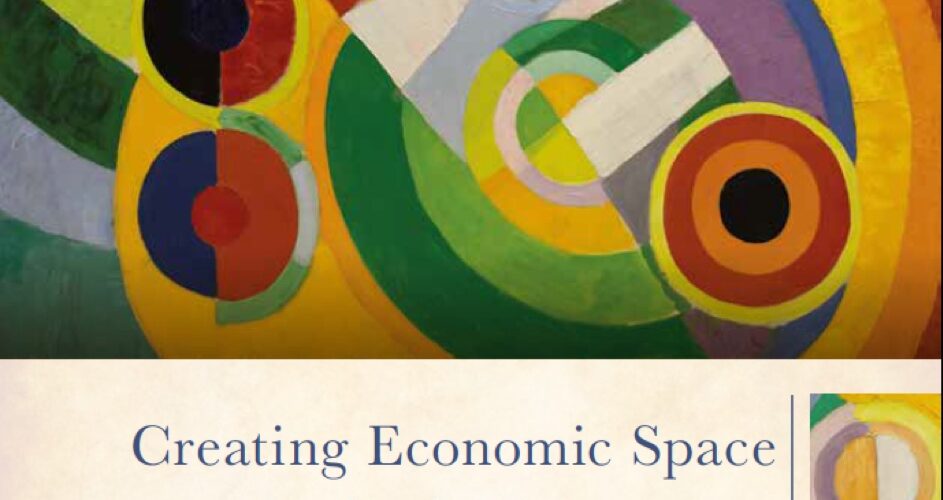
This book draws upon economic and sociological theory to provide a comprehensive discussion of economic space for social innovation, addressing especially marginalized groups and the long-term projects, programmes, and policies that have emerged and evolved within and across European states. It approaches the explanatory and normative questions raised by this topic via a novel approach: the Extended Social Grid Model (ESGM). Taking inspiration from the fields of economic sociology and ethics, this model shows that social innovation processes must be structural, and require change in power relations, if marginalization is to be effectively dealt with via social innovation.
Part I of the book sets out the ESGM, including an exposition on the model along with background chapters on innovation, power and marginalization, ethics and social innovation, and empirical methods. Part II explores the model with a focus on social innovation trajectories of social housing, drinking water provision, employment, education, and food provision. It also explores the operationalization of the model with a view to agency and empowerment, as well as social innovation policy in Europe and the use of social impact bonds as a tool for financing social innovation. Part III revisits the ESGM and considers the explanatory adequacy and fruitfulness of the model for innovation research and for theorizing social innovation, addressing questions on the role and limitations of participation in social innovation for the marginalized, the role of capital for creating economic space for capabilities, and how we can approach the social impact of social innovation.
This collection of essays presents a diverse range of perspectives on understanding and addressing the key issue of marginalization, and offers key recommendations for policy makers engaging with social innovation across the European Union and beyond.
A kiadvány tartalomjegyzékkel kiegészített ismertetője itt olvasható
Nem található esemény a közeljövőben.
A KRTK Közgazdaság-tudományi Intézet teljesítményéről A KRTK KTI a RePEc/IDEAS rangsorában, amely a világ közgazdaság-tudományi tanszékeit és intézeteit rangsorolja publikációs teljesítményük alapján, a legjobb ... Read More »

Tisztelt Kollégák! Tudományos kutatóként, intézeti vezetőként egész életünkben a kutatói szabadság és felelősség elve vezetett bennünket. Meggyőződésünk, hogy a tudomány csak akkor érhet el ... Read More »

Srí Lanka: a 2022-es gazdasági válság leckéje – A. Krueger Lessons from Sri Lanka Anne O. Krueger Jul 25, 2022 – Project Syndicate ... Read More »

A permanens válság korában élünk – J. Meadway We’re living in an age of permanent crisis – let’s stop planning for a ‘return ... Read More »

A 2021 végén, illetve 2022 elején tapaszalt 6, illetve 7%-os cserearányromlás brutális reáljövedelem-kivonást jelentett a magyar gazdaságból. A külső egyensúly alakulásával foglalkozó elemzések többnyire ... Read More »
